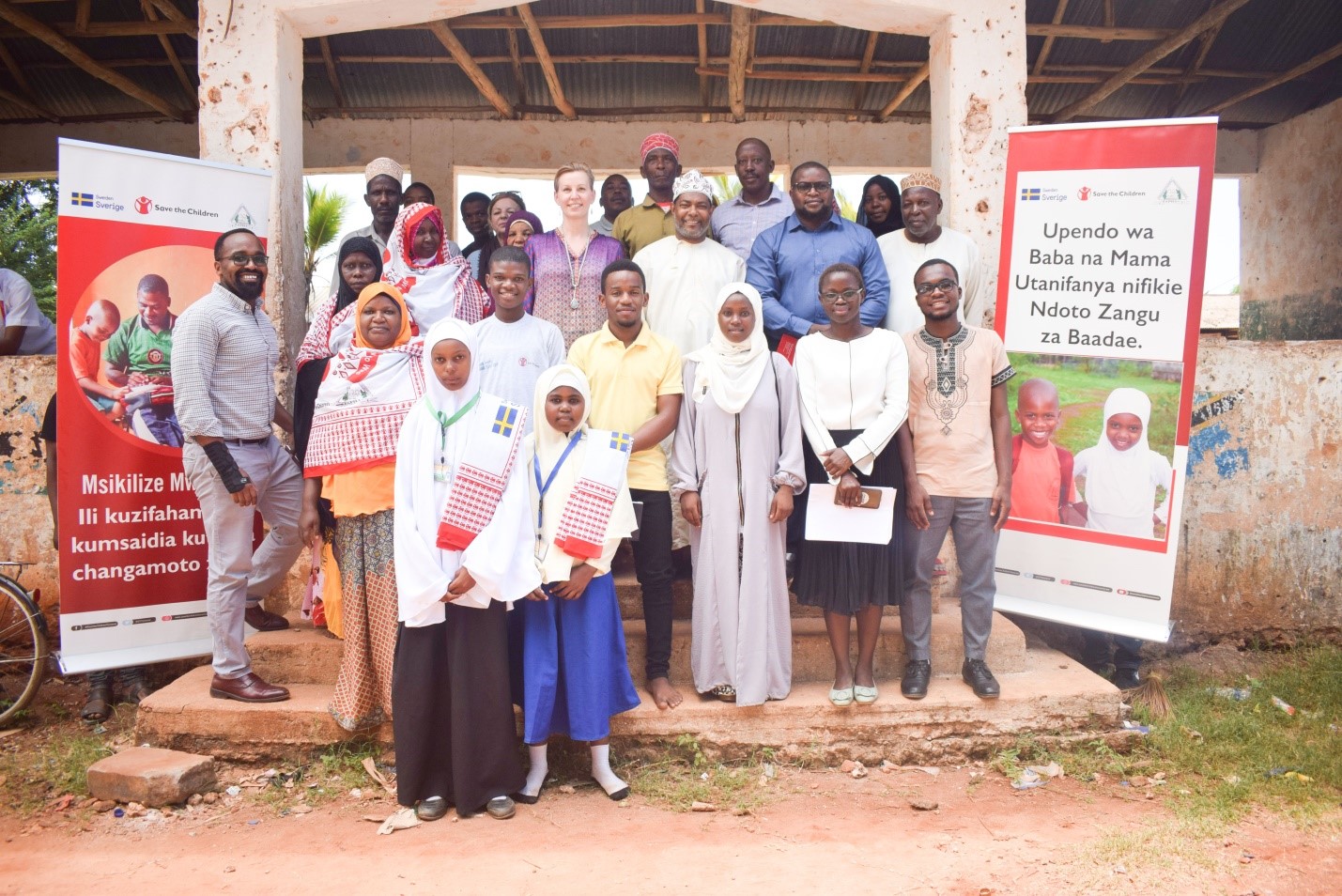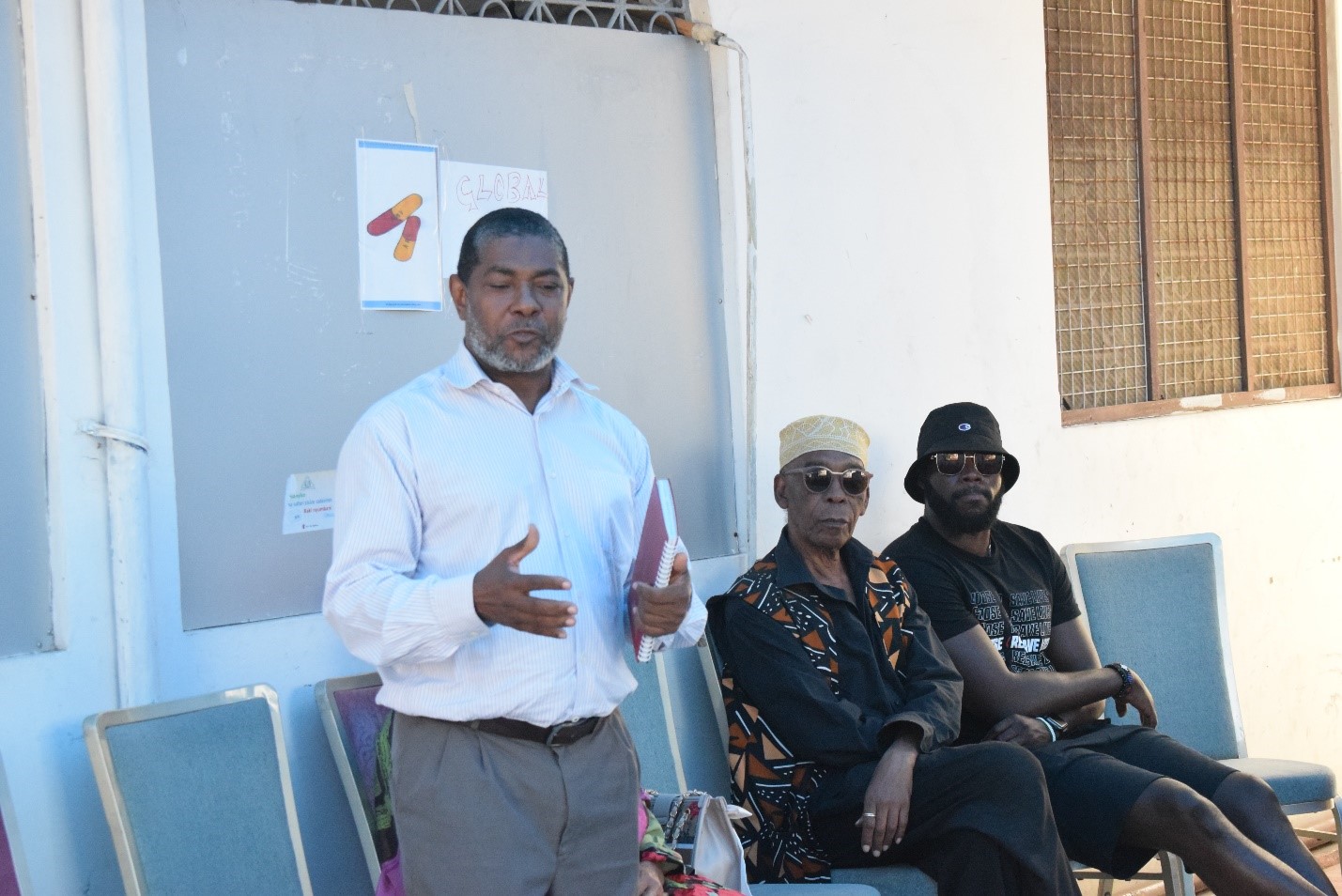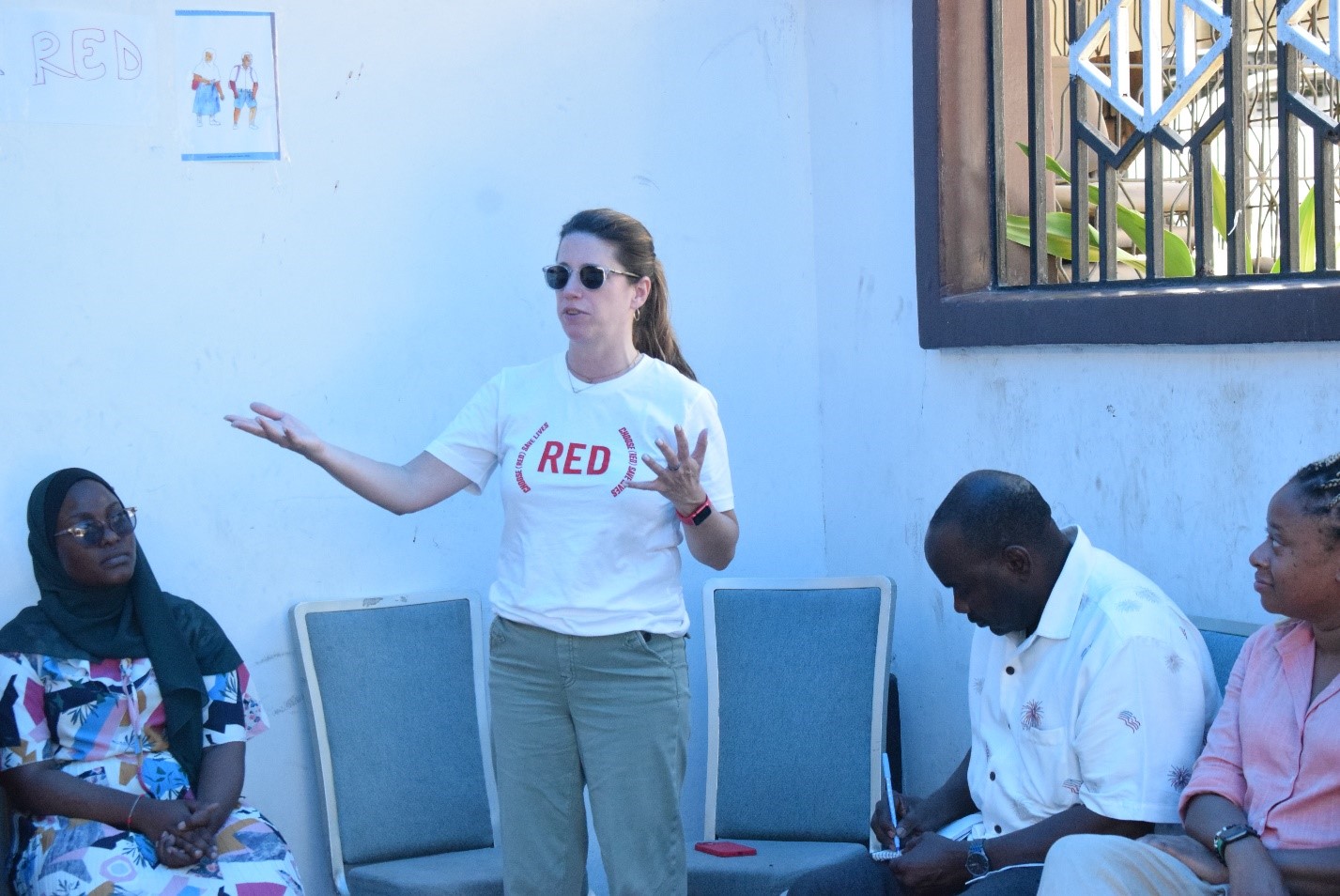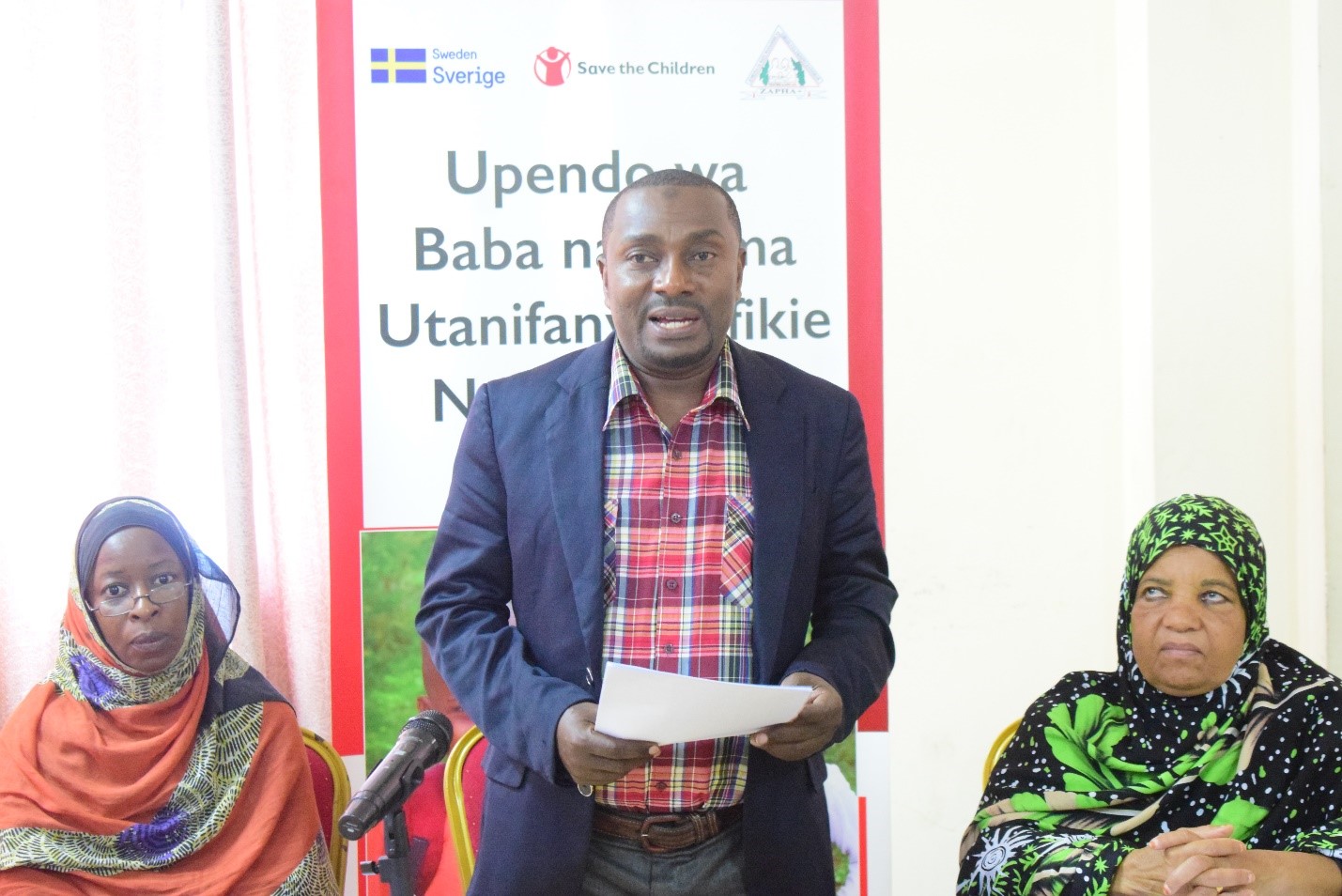Zanzibar Association of People Living with HIV and AIDS (ZAPHA+) was established in Zanzibar as a national network for, by and with People Living with HIV (PLHIV) in Zanzibar in the year 1994 and registered in 1996.
Research
1). Stigma Index Survey
ZAPHA+ through technical and financial support from UNAIDS conducted stigma index assessment to assess the prevalence and nature of HIV-related stigma and discrimination among PLHIV with the aim of developing an evidence-base and broadened understanding for informing the HIV response in Zanzibar. It was part of the world’s largest social research project implemented by PLHIV themselves. It was a joint programme, developed by the Global Network of People Living with HIV (GNP+), the International Community of Women living with HIV (ICW), the Joint United Nations Programme on HIV/AIDS (UNAIDS) and International Planned Parenthood Federation (IPPF).
The findings of the stigma index research has been submitted to both UNAIDS country office and Zanzibar AIDS Commission for further action. ZAPHA+ is continuing to disseminate in and out of Zanzibar.
2). Nutrition research project for Secondary students (SAMIA Project)
The project aims to implement and evaluate school-based micronutrient supplementation and educational interventions to improve adolescent nutrition, health and education in Zanzibar. Findings from this study will clarify the optimal supplementation strategy (iron and folic acid alone or adding other essential nutrients) and provide a basis for scale up of national school-based micronutrient supplementation programs to benefit the adolescent population as a whole in Tanzania.
This is the 3-year project started with preparatory steps in July 2021 and is being implemented by ZAPHA+ in partnership with the African Academy for Public Health (AAPH) based in Dar Es Salaam and the Harvard School of Public Health in the United States. Among the preparations for the project include holding meetings with various stakeholders, teachers, parents, and staff of health clinics surrounding the schools. Training of researchers and their assistants, etc.
The study is implemented in schools within the Zanzibar islands based on their vulnerable nutrition situations; high rates of anemia in women of reproductive age (regional data specific to adolescents is not available); and the safety and feasibility of conducting research in these areas.
The study is being done in Magharibi ‘A’ and Kati Districts in Unguja and which involves 48 Secondary schools targeting students from Form 1 to 4.
A mixed-methods approach is used, including qualitative and quantitative methods, to examine the effects of the supplementation and education intervention on anemia, school performance/attendance, adolescent development outcomes and micronutrient status among adolescents in secondary schools in Tanzania.
This is cluster randomized study with 3 arms. At the beginning of academic year 1and 2, the project has enrolled 42 schools (14 schools per arm) to receive either 1) supplementation and education program with weekly IFA; 2) supplementation and education program with daily MMS; or 3) to serve as controls. Classes were randomly chosen within each school to include a maximum of 100 eligible adolescents per school. Students in intervention schools receive supplementation and education and students in control schools receive the usual care (which does not include supplementation but does include existing curriculum on nutrition and water, sanitation and hygiene [WASH])




About ZAPHA+
Our Programs
Head Office
- Walezo, West District, Unguja
- +255 578 393 4937
- info@zapha.or.tz
Branch Office
- Wawi, Chake District, Pemba
- +255 578 393 4937
- info@zapha.or.tz
Copyright © ZAPHA+. All Right Reserved. Site by Zanhost Limited

